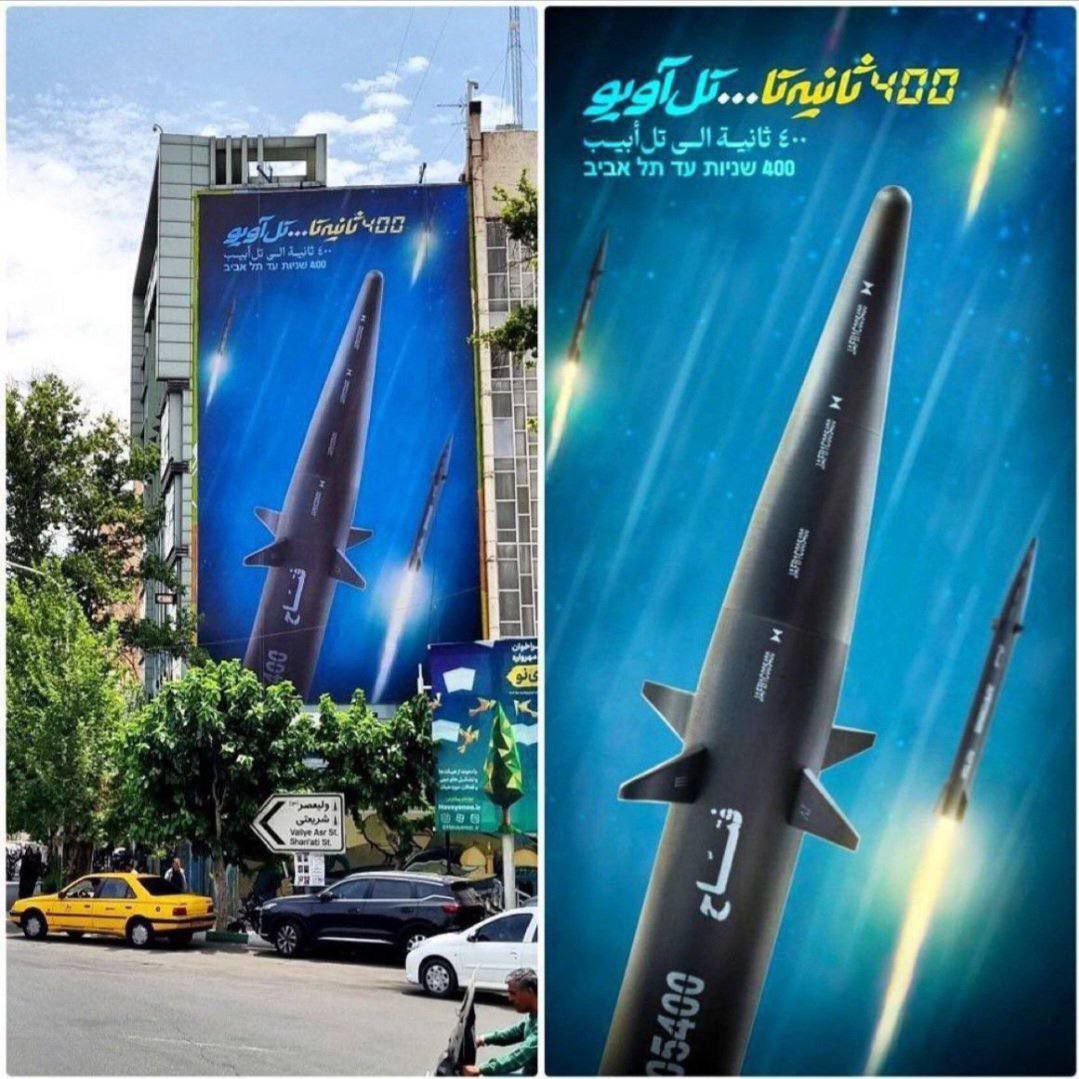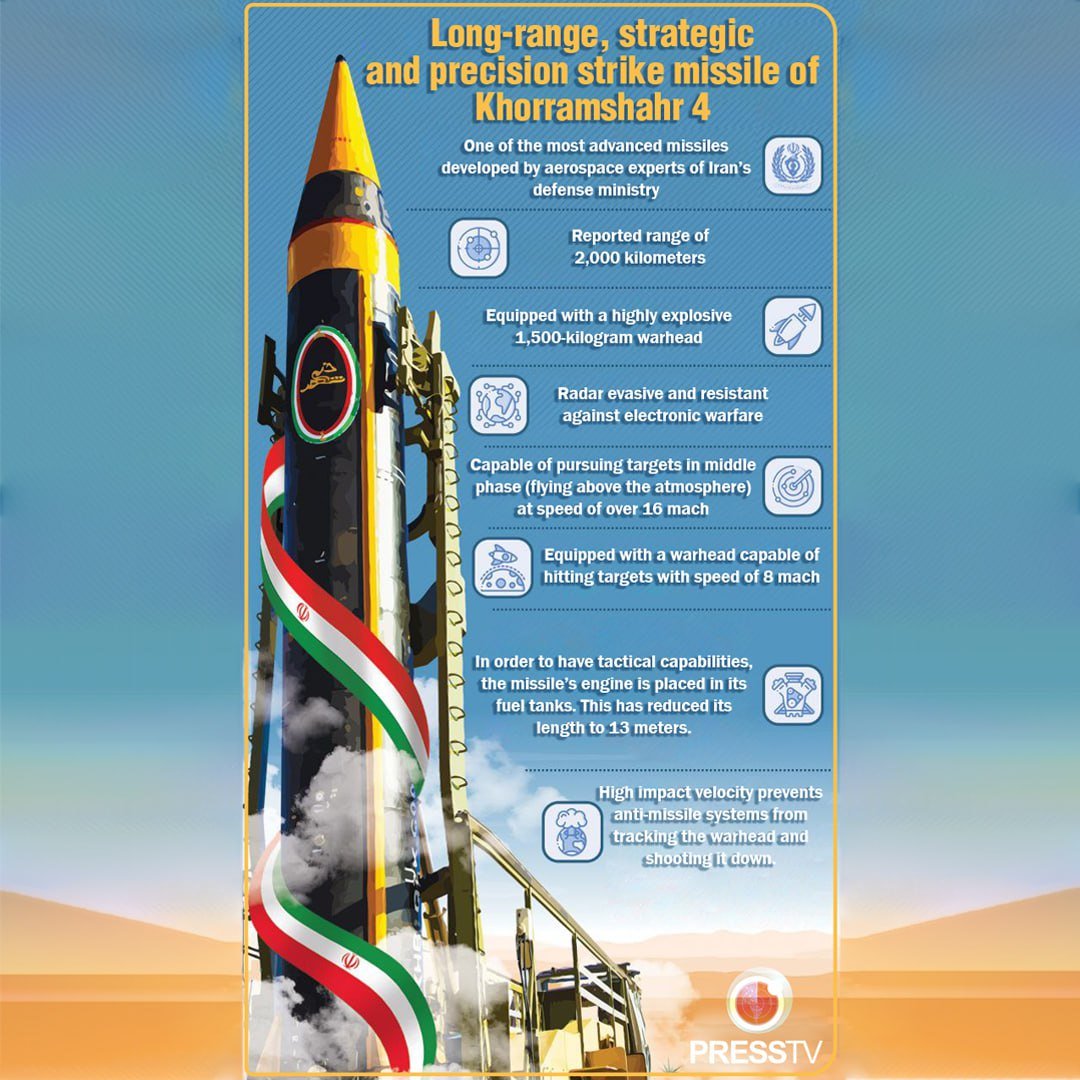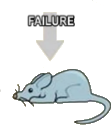"War games conducted by Chinese researchers found the US military’s most prized aircraft carrier could be reliably sunk with relative ease in the event of a hot war in the South China Sea.
A volley of hypersonic missiles could reliably sink the US military’s most powerful aircraft carrier group in a potential conflict, according to war game simulations carried out by a team of Chinese military planners.
Using 24 of their most advanced anti-ship missiles, Chinese forces consistently destroyed a carrier fleet led by the USS Gerald R. Ford over the course of 20 mock battles in simulations which were run on a war game platform employed by the People’s Liberation Army.
The basic principle underlying the exercise was to be “lenient with the enemy and strict with oneself,” Cao explained. As the Hong Kong-based outlet explained, “during the simulation, the PLA used its sea-based surveillance network to detect and identify the US carrier group before firing eight of the less-reliable hypersonic missiles simultaneously from southern and central sites in China.” Though “some of the missiles were intercepted, the attack depleted the US fleet’s SM-3 munitions, paving the way for the PLA to launch “eight of its more accurate hypersonic missiles from northern and western China, with four focused on the aircraft carrier while the others targeted the destroyers,” the outlet noted. “After the attack, four ships survived from the blue [US] team, with the destroyers having the most remaining, on average.” A “mop-up” operation with six of the less accurate hypersonic missiles was able to dispatch with the remaining vessels, the research paper determined. After the simulation was run 20 times to allow for different variables which could affect the outcome of the engagement, the team’s strategy was ultimately able to eliminate an average of 5.6 out of 6 surface vessels – effectively meaning the “total destruction” of the carrier group. The release of a paper detailing the war game in May marked “the first time the results of simulated hypersonic strikes against a US carrier group have been made public” by China’s military."
While I’d probably take with a grain of salt the public boasts of any countries military about how well it did in simulations against other militaries, there is this whole thing where the US did their own wargames and that ended very quickly because the simulated enemy just used a bunch of cruise missiles and took out their fleet. They also just restarted the game and made both teams follow a script this time. It seems to be rather contested and obviously more complicated than that but still, seems familiar.
Yeah but this conclusion is consistent with US war game sims where their carriers get sunk.
On the first U.S. turn, the players lost an entire aircraft carrier, though it was on the board from the “baseline” opening and not that team’s choice to have it where it was located. In a version earlier in the week, the United States lost 700 aircraft over the three-week battle.
For example, in the midst the Aug. 5 war game, the U.S. aircraft carriers proved too vulnerable.
“We took a giant face shot on our first turn when our carrier died,” Dougherty said.
“That always happens,” Mark Cancian said.
An aircraft carrier that started play a little too close to Chinese weapons systems was lost early. Other carriers hightailed it out of Chinese weapons ranges but were then ineffective in providing support.
In case youre wondering why the US feels compelled to send a second carrier group to Palestine, guess who has dozens and dozens of hypersonic missiles 🤭🇮🇷 🤭
“Tel Aviv in 400 seconds”

Mashallah

deleted by creator
Clark has argued for years that the Navy needs to get away from trying to shoot down missiles with missiles because a saturation attack from Russia, China, Iran, North Korea or anyone else who might have cause to attack a U.S. Navy ship could force a cruiser or destroyer to expend all its missiles and still not have defeated the threat.___
A gravity bomb straight down on it’s flight deck is all it takes to make the carrier irrelevant. Fuck up it’s flight deck, the screws, rudder, ect. Planes need speed to take off. The F35 is a damned laughing stock so good luck with those anyways.
I remember not being able to visit Australia when I was in because the jellyfish density was clogging the condensers of ships, shutting down the coolant system of the reactors.
I’d worry a bit about the CWIS cannons, but those have limited range and use. Great for pulverizing seagulls from a mile out though.
deleted by creator
 Millennium Challenge Rising
Millennium Challenge Rising 
The media in Hong Kong and Singapore can read Chinese, this Hong Kong media only translated an article and then transferred it as a big news.
deleted by creator
👌I’ll check the browser history.
deleted by creator
a) these were Chinese war games
b) when the US conducts war games and simulations they frequently do so under unrealistic assumptions under which their enemies are actually weaker not stronger than in reality; and even then sometimes the only way they can win is to cheat, to have the enemy act in an irrational way
we know that US simulations are overoptimistic because they also simulated Ukraine’s “counter-offensive” of this summer before it was launched and they convinced themselves that it would be a huge success - turns out they severely underestimated their enemy yet again
I commented on the wrong post. My bad
I remind people that this comes in the context of it being a US wargame.
Uhm
War games conducted by Chinese researchers
Smartest
 while doing a
while doing a  about China
about ChinaI commented on the wrong post. My bad
I remind people that this comes in the context of it being a US wargame.
War games conducted by Chinese researchers
The basic principle underlying the exercise was to be “lenient with the enemy and strict with oneself,”






